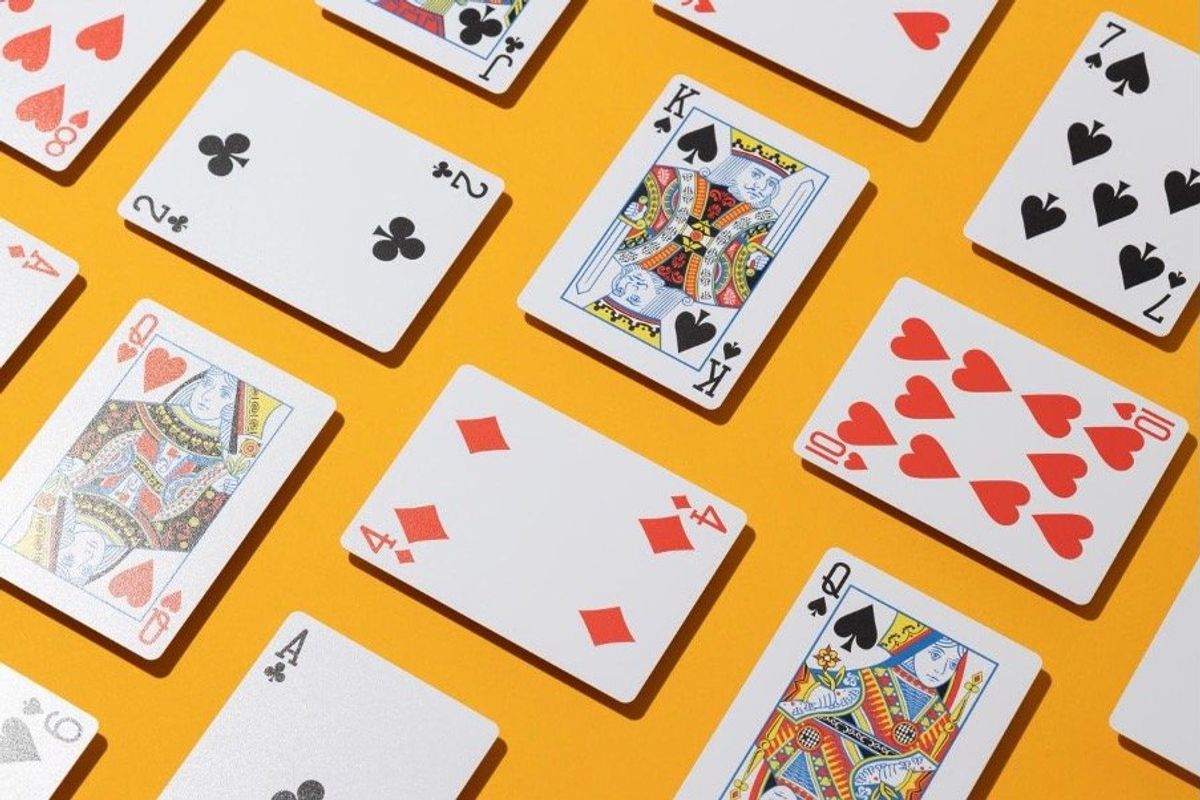Apps

Freepik
The Evolution of Solitaire: From Physical Cards to Mobile Apps
Exploring the Evolution of Solitaire: From Classic Card Game to Modern Mobile Apps

Exploring the Evolution of Solitaire: From Classic Card Game to Modern Mobile Apps
Almost all of us are familiar with this game. You've likely played it several times if you're a computer user. Solitaire. A game that long ago was used to pass time has now made a journey into the digital age. Once a pastime of kings, politicians, prisoners, and gold miners with a deck of cards, it is now available at one click to millions on many online platforms such as Solitaires or numerous mobile apps. This is how broader trends in technology manifest themselves. This is how traditional games and pastimes are transformed into interactive digital experiences. Do you want to play Solitaire online? Easily!
The game of Solitaire, also known as Patience, as Cabale in some parts of the world, dates back to the mid-18th century in Northern Europe and Scandinavia. The search for the origins of this game leads us to France, where many of the current rules were presumably developed. In Germany, where in 1788, a description of the game of Patience was first discovered in print in a book called "The New Royal l'Hombre," we do not find a single answer to where Solitaire first originated in historical sources. All we know is that over time, the game spread to the United States and Russia - and ladies and gentlemen of all stripes on different ocean sides leisurely stacked decks to pass the time and immerse themselves in reflection.
May 22, 1990, saw the release of Windows 3.0, which included Solitaire Klondike, which, according to the developers, was designed as a simulator to teach users how to use a mouse. Thus began the worldwide triumph of Solitaire. Without other computer games, it was the most popular form of entertainment at work and during "family" time. No wonder - The digital format allowed users to play anytime without needing physical cards, and the game featured simple graphics. It could be reset and replayed with just a couple of clicks.
Finally, the era of smartphones has arrived. And that gives Solitaire another platform to shine on - which is no surprise to anyone - because we're used to the extraordinary survivability of the old game. Developers seized the opportunity to create Solitaire apps that allowed people to play on the go. Modern Solitaire apps offer a wide range of variants like Klondike, Spider, and Freecell. The main difficulty faced by Solitaire lovers - shuffling and tedious layout - has been solved. Now, we can walk around with a virtual stack of cards in our pocket. Let's not forget about handy features such as daily challenges, hints, and undo options. Oh, that's enhancing the user experience and adding layers of strategy that were not possible before.

Today's Solitaire apps are more sophisticated than their early digital predecessors. Advanced graphics, animations, and interactive elements - that all makes the game more visually appealing and engaging. Do you want to personalize the experience? Try thematic backgrounds and customizable card designs that some apps offer. Need tutorials? Here, you can activate them easily. Seasoned player? Existing progressive difficulty levels provide you with the challenges you crave. Online leaderboards and achievements, integrated through platforms like Google Play Games and Apple Game Center, add a competitive edge to the game.
Technology continues to evolve. Is the future of Solitaire promising? Who knows what lies ahead? Augmented reality (AR) and virtual reality (VR) are poised to open up exciting new ways to experience the ancient game. Now, we get the game more immersive than ever. Imagine playing Solitaire on the surface of your coffee table, moving virtual cards in mid-air, or being surrounded by a 360-degree virtual environment tailored to your preferences. What do you think?
Furthermore, integrating artificial intelligence (AI) could refine how Solitaire apps adapt to the player's skill level, potentially even predicting their preferences for specific types of puzzles or challenges.
Nowadays, 35 million people in 65 languages play Solitaire every month. The solitary pastime has blossomed into a sophisticated digital experience, and it continues to captivate millions around the globe. From physical cards to mobile apps - the evolution of Solitaire is a surprising testament to the game's enduring appeal.
GearBrain Compatibility Find Engine
A pioneering recommendation platform where you can research,
discover, buy, and learn how to connect and optimize smart devices.
Join our community! Ask and answer questions about smart devices and save yours in My Gear.
